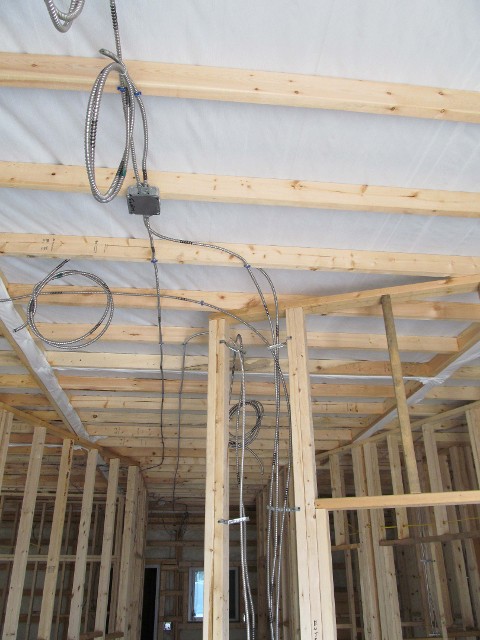Photos

















Connolly's Electrical Services Inc. has over 25 years of residential and commercial electrical contractor experience. Connolly's has been dedicated to ensuring the highest quality service to the New Hampshire area for over twenty years. Connolly's is a fully licensed service that brings excellence to all projects, big or small. Take a look at the gallery on our website, you won't be disappointed.
















